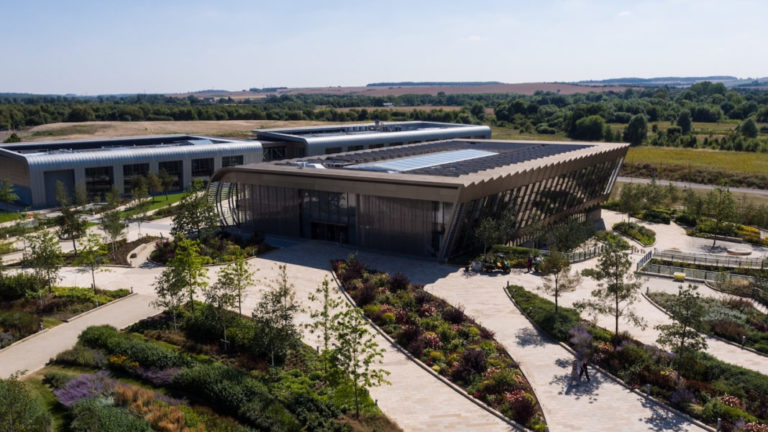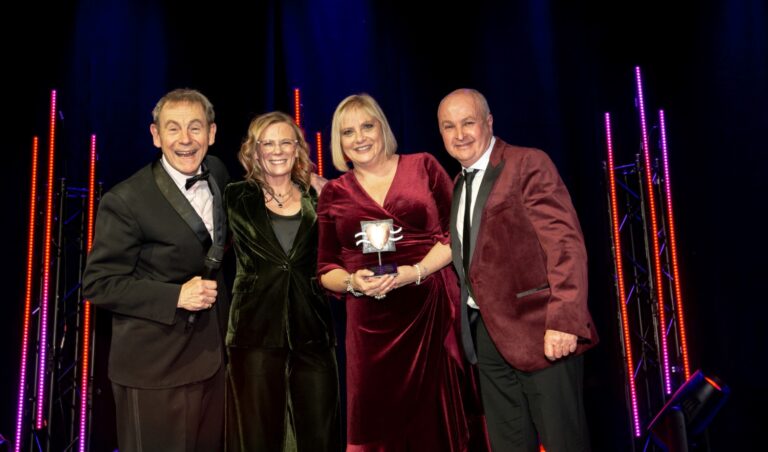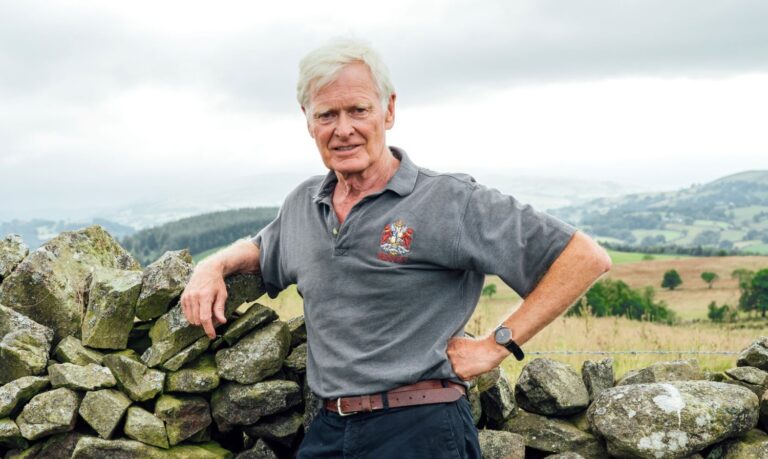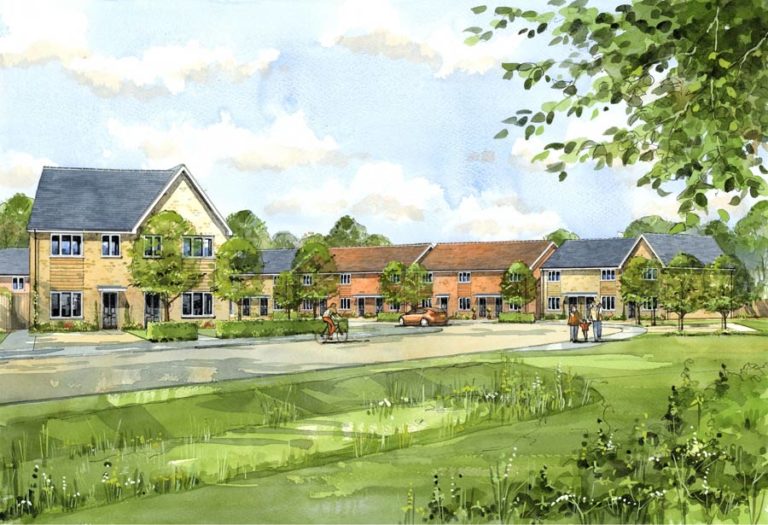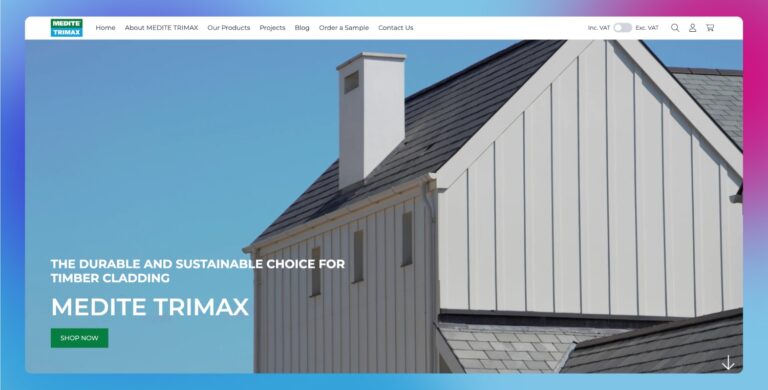Mayfield House Care Home Transforms Sustainability with Innovative Food Waste Recycling Initiative
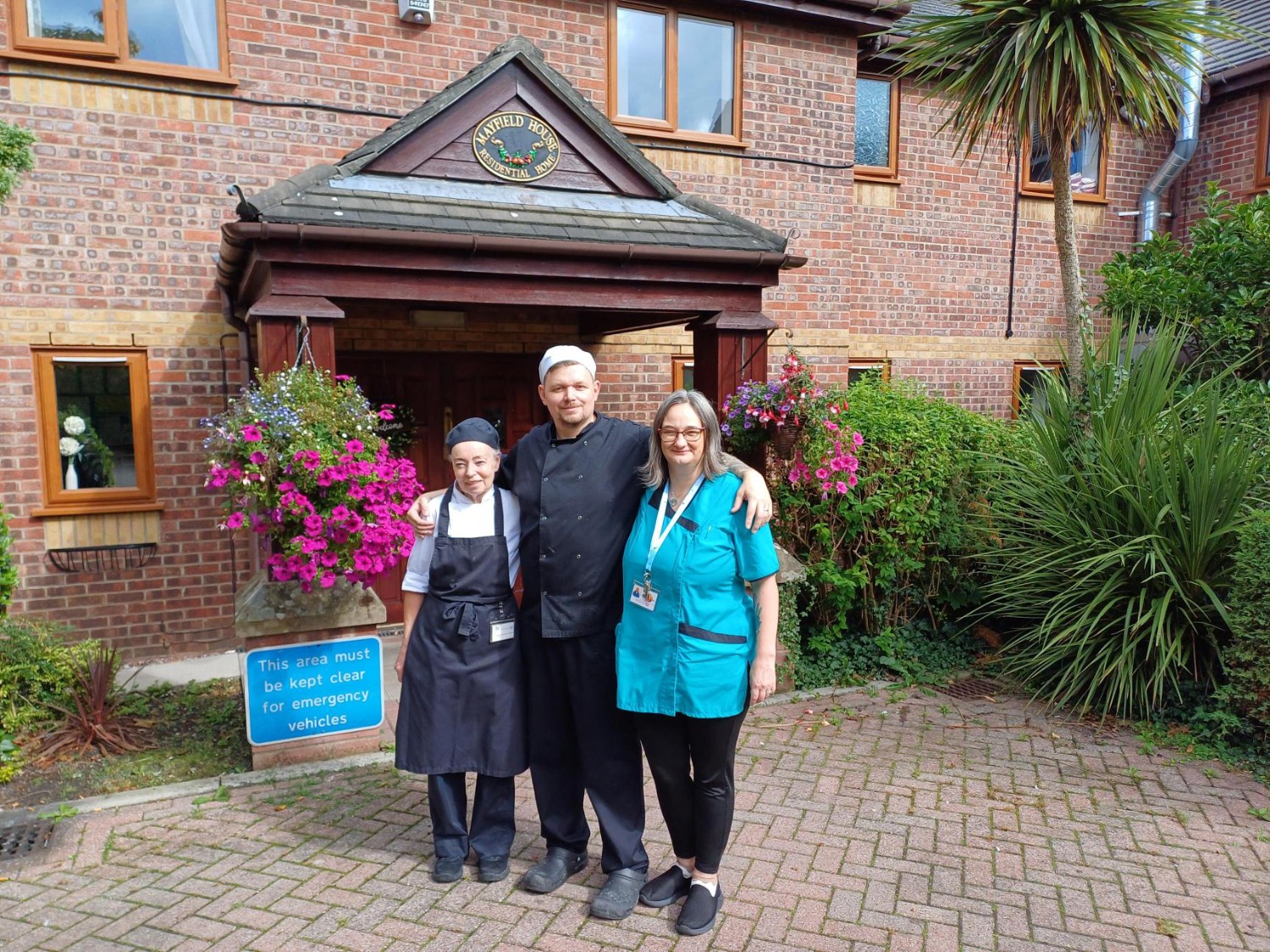
Keenan Recycling
Mayfield House Care Home, a well-established provider of residential and dementia care in Crewe, has long prioritised the happiness and well-being of its residents. With over 24 years of experience and a strong reputation for quality care, Mayfield is also committed to being a responsible member of the community. This commitment led them to partner with Keenan Recycling to revolutionise their approach to food waste management, achieving remarkable environmental and operational benefits.
Before the partnership
Before joining forces with Keenan Recycling, food waste management at Mayfield Care Home was a significant challenge. Food waste was disposed of in general waste bins, contributing to higher disposal costs due to its weight. The lack of a structured recycling process limited their ability to align with their sustainability goals.
Motivated by a desire to adopt environmentally friendly practices, the care home management decided to explore food recycling solutions. Encouragement from staff who had experienced food waste recycling in other settings also played a role in initiating this change.
Impact of Keenan Recycling’s service
The collaboration with Keenan Recycling has been transformative for Mayfield House Care Home, delivering tangible benefits across several areas.
Weekly food waste collections ensure that Mayfield’s waste is diverted from landfills and processed through anaerobic digestion (AD). This process generates clean energy and compost, reducing the care home’s carbon footprint. Remarkably, the energy generated from Mayfield House Care Home’s recycled food waste powers two British homes for an entire year or keeps 11 televisions running (for three hours daily) for the same period.
Rod, the Kitchen Manager, shared his enthusiasm: “Keenan Recycling collects our food waste once a week, and it’s made such a difference. Knowing that the food waste is going to be composted or turned into energy is really motivating. It’s great to think we’re helping the environment rather than just throwing things into the bin.”
“The staff and residents have responded really well. Once they understood that food waste recycling helps create energy and compost, they became more mindful about what they throw away. It’s nice to see people taking it seriously.”
“We’ve also started to see changes in how we manage food in the kitchen. Now that we’re more aware of food waste, we’ve been able to adjust our purchasing and preparation. We’ve cut back on over-ordering, which means less waste and fresher food overall. It’s been a win-win,” adds Rod.
By transitioning to food waste recycling, Mayfield House Care Home has reduced the costs associated with general waste disposal and reaping the benefits of adopting a structured recycling programme.
Behavioural change
The partnership has fostered a cultural shift among staff and residents, who are now more conscious of food waste. This behavioural change has even influenced personal habits, as staff report increased recycling at home.
Kara Hume, Manager at Mayfield, noted: “I know that recycling food waste helps us be more environmentally friendly. That was one of the main reasons we decided to go for it. It’s been a real mindset shift. Personally, I now separate waste at home, and I’ve seen the same awareness grow among our staff and residents.”
Enhanced awareness of food waste has improved inventory management in the kitchen, reducing over-ordering and ensuring fresher meals. The care home has also streamlined waste segregation processes, contributing to better food safety and hygiene. These efforts were recognised during inspections, earning Mayfield a 5-star Environmental Health rating.
This initiative has reinforced Mayfield’s commitment to sustainability. The care home plans to expand its recycling efforts to include vegetable oil and cardboard, further reducing its environmental impact.
Unexpected wins
Participating in Food Waste Reduction Week highlighted the broader impact of Mayfield House Care Home’s efforts, sparking conversations about reducing waste and adopting sustainable practices. The partnership has positioned Mayfield as a leader in sustainability within the care sector.
Grant Keenan, Managing Director at Keenan Recycling, emphasised: “Short-term investment in food waste management can yield significant financial and environmental benefits in the long term. By adopting these processes early, care homes like Mayfield can prepare for the incoming Simpler Recycling regulations while reaping immediate rewards.”
Advice for other care homes
Rod encourages others in the care sector to take the plunge: “If you’re considering food waste recycling, just do it. It’s professional, saves money, and is good for the planet. Keenan’s reliable service has made a real difference for us.”
Looking ahead
Mayfield House Care Home’s partnership with Keenan Recycling demonstrates how sustainable waste management can drive positive change, from cost savings to improved operational efficiency and environmental stewardship. As they expand their recycling initiatives, Mayfield House Care Home sets a shining example for other care homes to follow.

